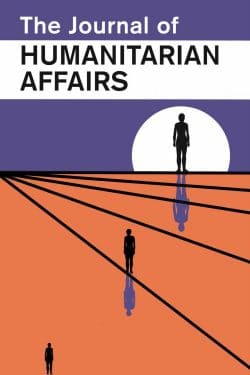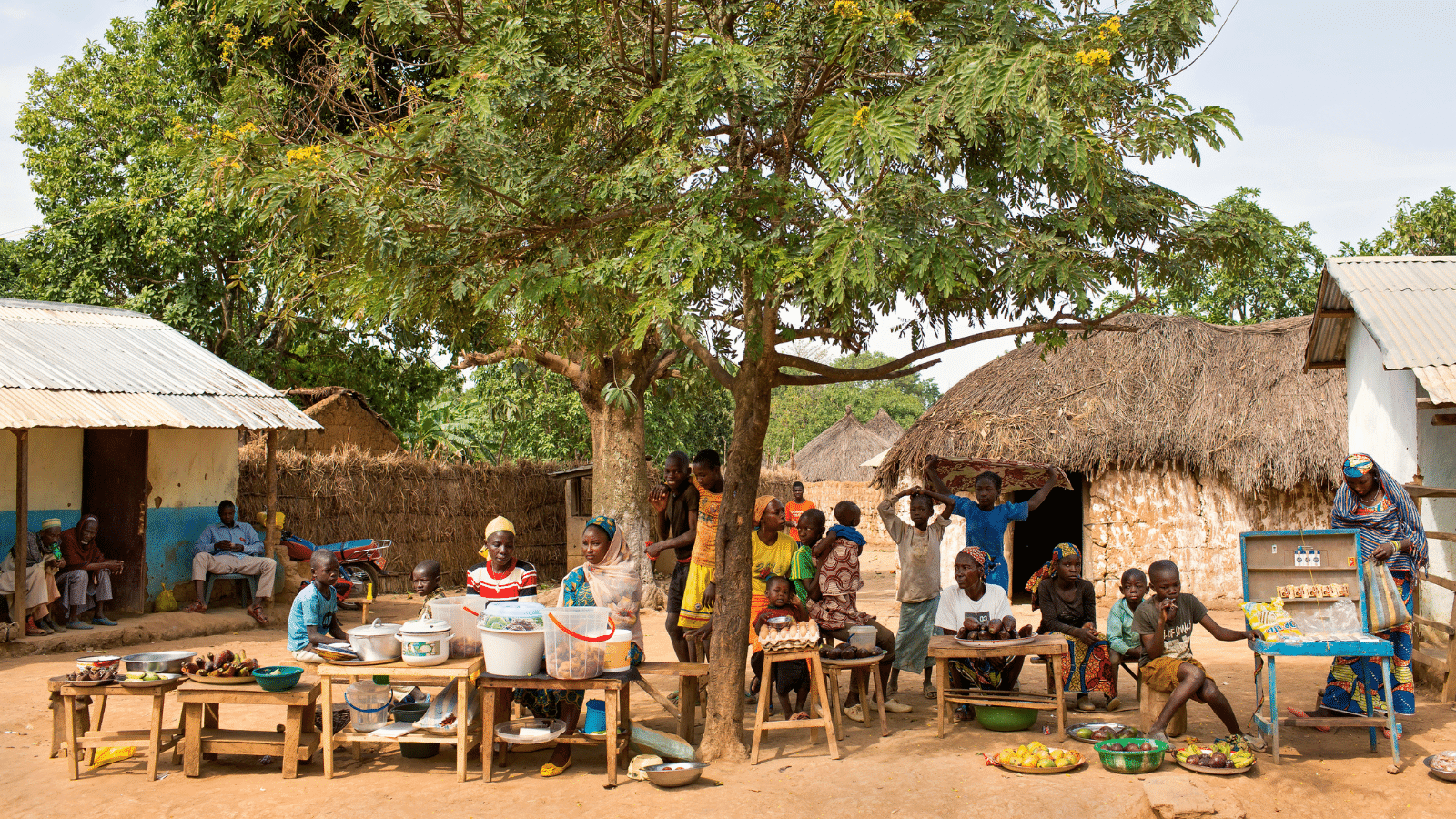 Since the 2016 World Humanitarian Summit, localisation, that is better engaging or empowering local responders in impacted areas to deliver humanitarian aid, has been firmly on the agenda.
Since the 2016 World Humanitarian Summit, localisation, that is better engaging or empowering local responders in impacted areas to deliver humanitarian aid, has been firmly on the agenda.
In a new article published in the Journal of Humanitarian Affairs, Cathrine Brun and Cindy Horst suggest that the “call for widening participation as part of the quest for a more localised humanitarianism has overlooked the clash of ethical registers that this would entail.”
Brun and Horst show “that the formal script of the professionalised humanitarian system operates with an individualised ethics, while multiple other actors that exist alongside the humanitarian system operate with a relational ethical register.” They conclude by suggesting that for localisation to succeed in changing power relations and practices, we need “better understanding and recognition of relational ethical registers that operate alongside the formal script of the professionalised humanitarian system”.
Access the full article “Towards a Conceptualisation of Relational Humanitarianism” here.
Cathrine Brun is the Deputy Director for Research at the Centre for Lebanese Studies. Cindy Horst is a Research Professor at the Peace Research Institute Oslo (PRIO) and Co-Director of the PRIO Centre on Culture and Violent Conflict.
